Curcumol
Curcumol, a monoterpenoid from Curcuma zedoaria, is known for its anticancer, anti-inflammatory, antifungal, and hepatoprotective properties, and is studied for potential therapeutic applications in cancer, liver diseases, and inflammatory conditions.
Curcumol Overview
The therapeutic potential of curcumol, along with its natural origin and the traditional use of Curcuma zedoaria in herbal medicine, underscores the importance of this compound in the development of new natural therapies for various diseases.
Curcumol Key Features
– Natural Source: Extracted from Curcuma zedoaria, known for its use in traditional medicine.
– Bioactivities: Demonstrates anticancer, anti-inflammatory, antifungal, and hepatoprotective effects.
– Mechanism of Action: Works by inhibiting cancer cell proliferation, inducing apoptosis, modulating inflammatory responses, and protecting against liver damage.
Curcumol Applications
– Cancer Treatment: Investigated for its ability to inhibit the growth of various types of cancer cells and to induce apoptosis, making it a potential natural anticancer agent.
– Anti-inflammatory Therapy: Its anti-inflammatory properties are explored for treating chronic inflammatory conditions, offering a natural alternative to synthetic anti-inflammatory drugs.
– Liver Protection: Studied for its hepatoprotective effects, suggesting potential applications in treating liver diseases and reducing liver damage caused by toxins.
Curcumol Functions
– Inhibition of Cell Proliferation: Curcumol can halt the growth of cancer cells, contributing to its anticancer effects.
– Induction of Apoptosis: Promotes programmed cell death in cancerous cells, aiding in the reduction of tumor growth.
– Modulation of Inflammatory Responses: Suppresses the production of pro-inflammatory cytokines and mediators, reducing inflammation in tissues.
– Hepatocyte Protection: Offers protection to liver cells from various forms of damage, supporting liver health.
Details
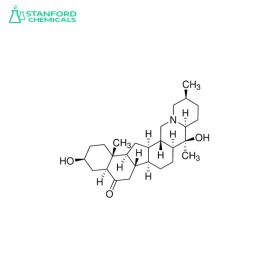
| Available Sizes | 30 capsules, 60 capsules, 120 capsules |
|---|---|
| Key Ingredient | High-quality Peiminine extracted from the finest Fritillaria bulbs |
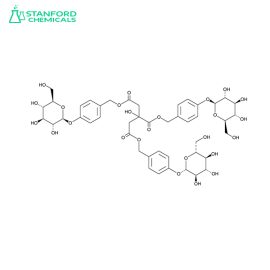
| Available Sizes | 30 capsules, 60 capsules, 90 capsules |
|---|---|
| Key Ingredient | High-quality, pure Parishin extract |

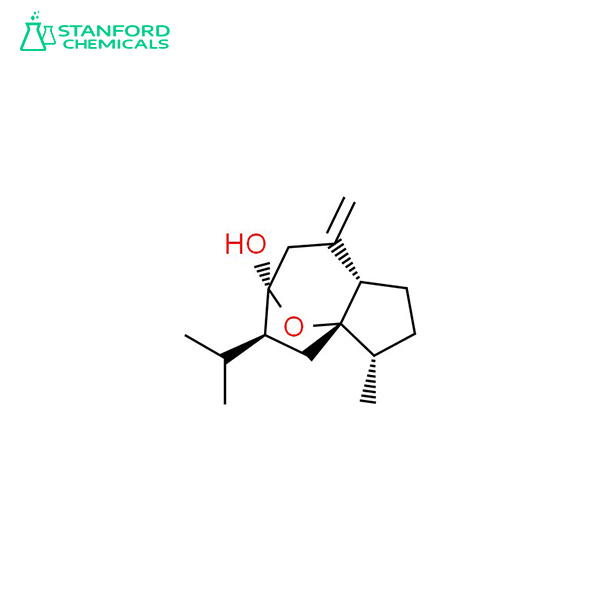
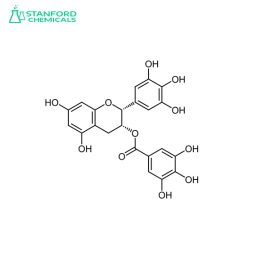
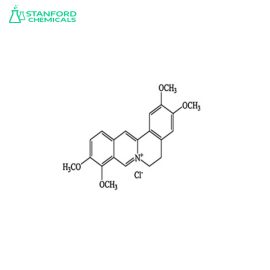
Reviews
There are no reviews yet.